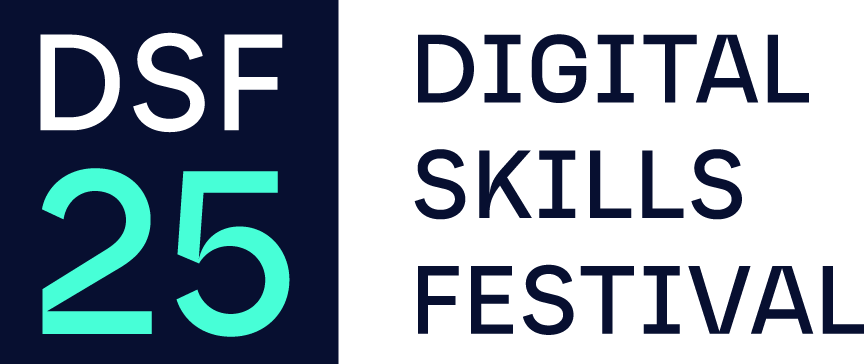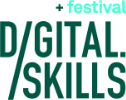by Ecom

Over the last seven years, the UK economy has experienced a huge amount of turbulence due to national and global events; from Brexit and IR35 to the Global Chip shortage, Covid-19, Shifts to Remote Working, The War in Ukraine and The Collapse of SVB. These events have painfully highlighted one of the features of a highly interconnected global market on national economies; when anyone sneezes, we all catch a cold.
The UK talent market is often referred to as the weathervane of the economy, we feel the effects first as demand for talent expands and contracts in anger to market sentiment towards these economic events. But the story only gets stranger when looking at Technology talent markets.
Sure, we’ve all read how Big Tech has laid off vast numbers of professionals due to global events and over-eager hiring in the post-COVID boom. You’d be forgiven for thinking that access to tech talent should be getting easier. It’s hard to put into words just how big, robust and dynamic the digital market is. And while for some hiring in 2023 became easier many still struggled as the best candidates found jobs easily and those in secure roles decided not to risk moving at uncertain times.
We can be confident that these economic fluctuations will continue as a feature of globalisation, and I don’t see the challenge of hiring digital and tech talent getting easier any time soon as demand continues to outstrip supply (as an industry we need to do more to promote grassroots talent but that’s another story for another article). So if you are hiring it’s important we understand how to be successful, twenty years of hiring digital and tech talent in Manchester has taught me a thing or two about what works and what doesn’t. Here’s what I have learnt
Understand what makes you attractive.
The very best candidates will have a multitude of opportunities to choose from so you need to make sure your offering is attractive, the first step to this is understanding what it is about your company and opportunity that will appeal to your target candidate market.
A great place to start is to engage your existing staff, ask them why they like working for you, what convinced them to join and why they’ve stayed with you. Understand what makes you stand out, whether it’s a flexible work environment, progression framework, sustainability practices, exciting technology or longstanding industry presence.
Further, listen to the market and consider the type of people you are hiring for. Developers for example have specific criteria when choosing job opportunities that will differ from other skill sets. Understand what these priorities are and highlight the aspects where your company excels.
When you invest in developing and delivering a strong employee value proposition (EVP), you are 50% more likely to attract talent.
Importantly, people want to work somewhere where people are happy, 28% of candidates say it’s a top priority when considering a new job.
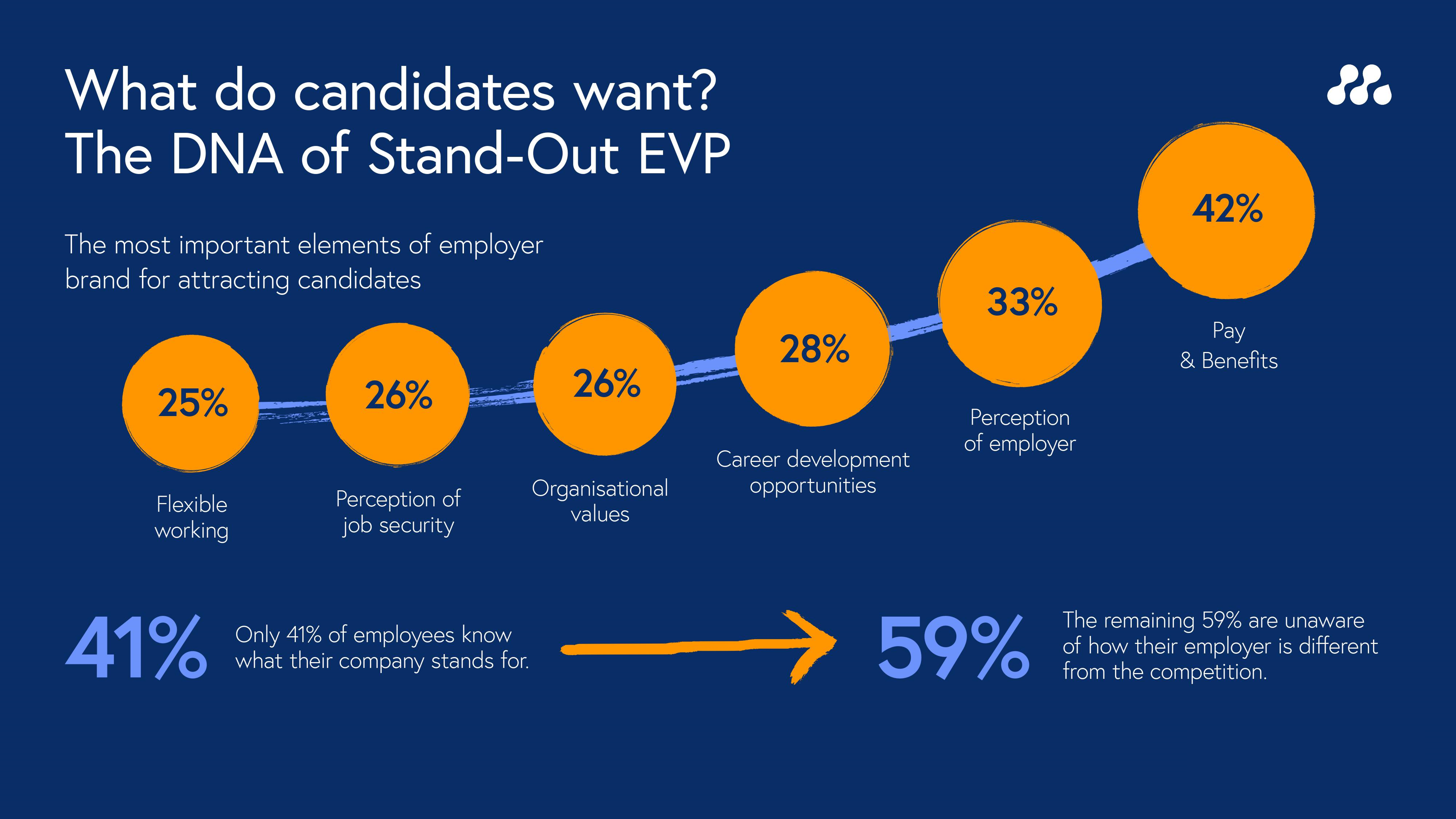
Take your proposition to market.
You’ve listened to your people and the market; you’ve defined why you’re a great company to work for and can clearly articulate your EVP. But this means nothing if you don’t tell people about it. Capture your EVP in candidate brochures, careers pages on your website and social media pages. And don’t neglect employment referral sites while I know they are often a place for people to go moan they are a place where potential future employees will look to find out about your business.
For technical roles tech blogs are a great way of showcasing ongoing projects and technological advancements, to appeal to the tech-savvy candidates you aim to attract.
I’d also suggest actively participating in community events to enhance your company’s visibility and appeal, whether that’s hosting an event or just giving your staff time off to go to events it all helps spread your message.
Building your employment brand in the market requires consistent promotional activity. Regularly hosting events, sharing employee successes, videos and employee testimonials should be a core part of your strategy but the most effective strategies, encourage your people to do the sharing for you. Your employee network is likely to be bigger than the brand’s candidate network, and their voice is more holds more weight.
Act Fast.
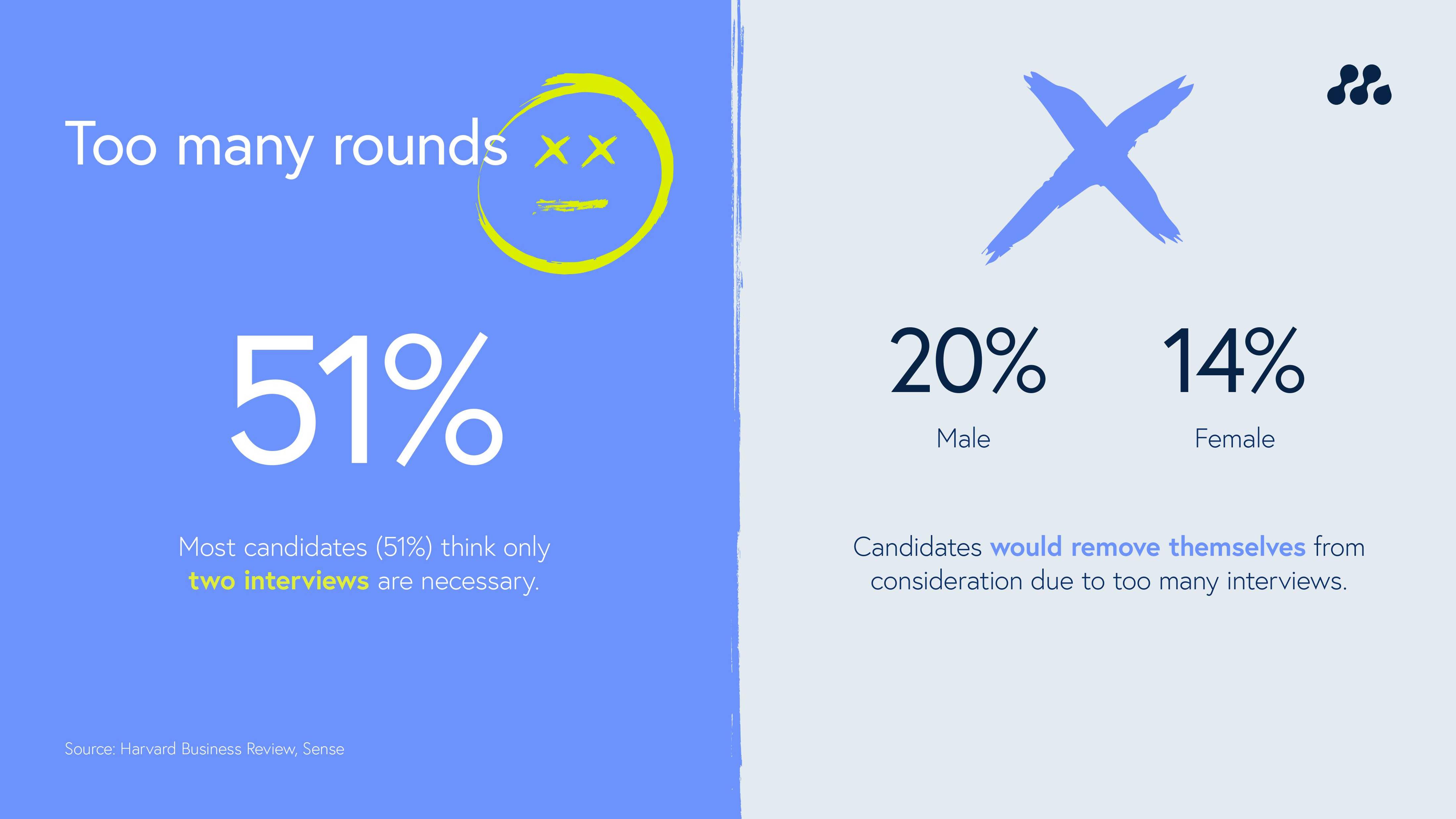
In today’s competitive hiring environment, speed is your best friend. The most successful employers streamline their processes, providing swift feedback on CVs, expedite interview scheduling, and deliver prompt feedback on ALL candidate performance, whether they are successful or not. 44% of candidates think waiting for more than two weeks after an interview means the opportunity is no longer worthwhile. While faster response time was ranked as the top way for companies to improve their candidate experience. The faster you move, the more likely you are to secure top talent, as delays will result in losing potential candidates to other opportunities.
Simplify the interview process by minimising unnecessary stages. Successful employers have streamlined their procedures, often opting for just one or two interview stages. Most candidates (51%) think only two rounds of interviews are necessary. Moreover, for technical roles, consider omitting the traditional tech test, as it can be perceived as an additional hurdle for candidates.
Maintain your image, even when the news isn’t positive.
Not every candidate will receive an offer, and how you manage rejections is key to building your employer brand especially in Manchester where we have a close knit community. The rejection process is an opportunity to leave a positive impression, offer constructive feedback, highlighting areas for improvement. A positive rejection experience can contribute to a candidate’s ongoing positive perception of your company. 1 in 5 candidates will hurt your brand if you don’t follow up, including declining to recommend it to others or leaving a negative review.
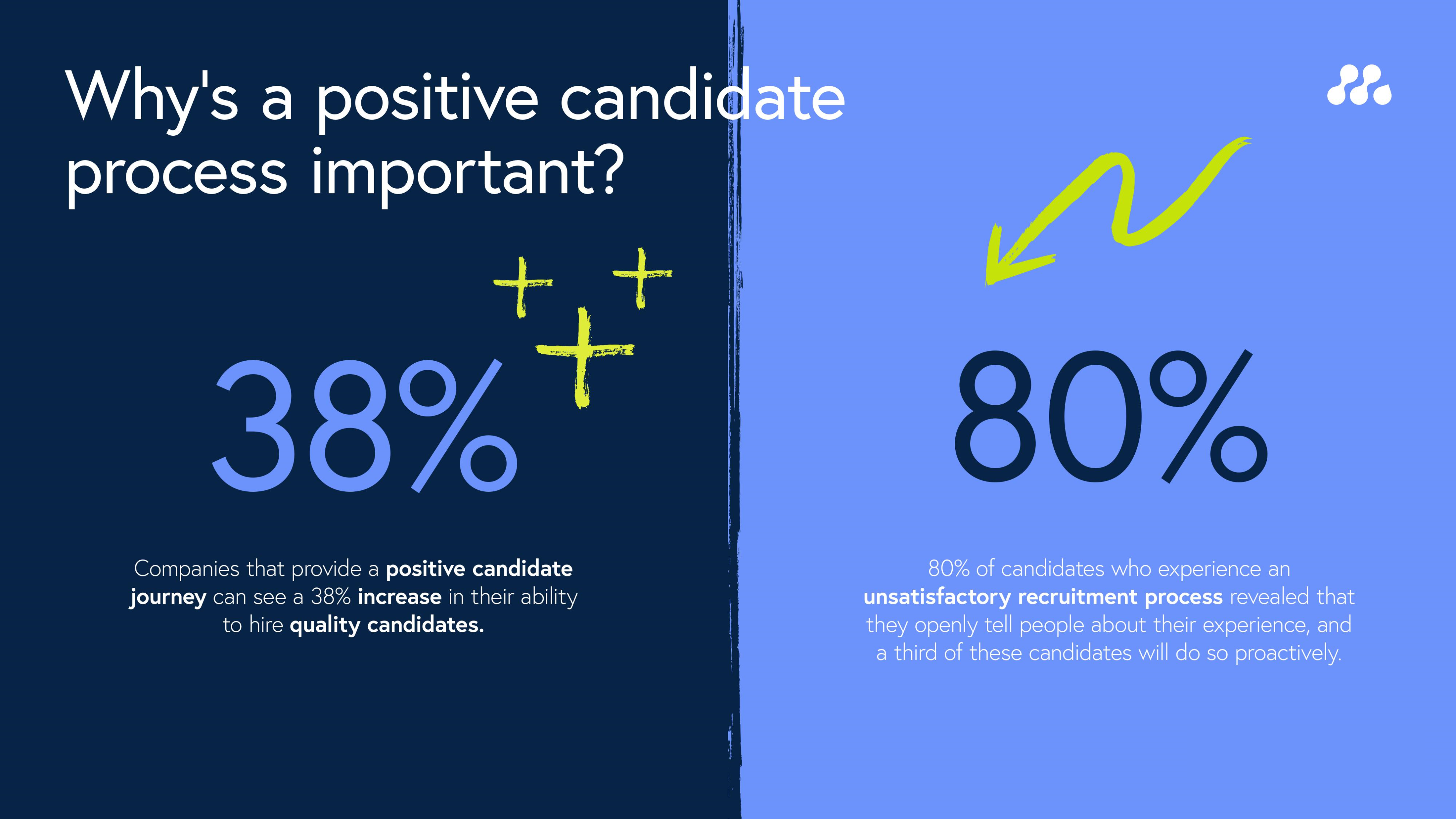
Pay well, but smart.
Money talks, right? While the hiring process involves many factors, salary is always number one on any list of motivators for choosing a role. Ensure that you are offering a competitive salary. Remember, it’s not necessarily about offering the highest salary but if you’re not competitive, you’re not going to get the top tier of talent, no matter how great you think your opportunity is.
Don’t turn candidates off during onboarding.
The candidate’s experience doesn’t end with an offer acceptance. Ensure a smooth onboarding process by maintaining constant communication leading up to the start date. This not only keeps candidates engaged but also embeds a positive impression of your company from the outset.
This market is volatile, uncertain, complex and ambiguous, 2024 is predicted to be a positive year for global markets and, while this is great news for jobs, the demand for top tech talent will intensify. It is so important businesses have a recruitment strategy that enables them to acquire the skills to fulfil business objectives, and not get left behind, hopefully these tips will help you position your organisation to win the so called war on talent.
